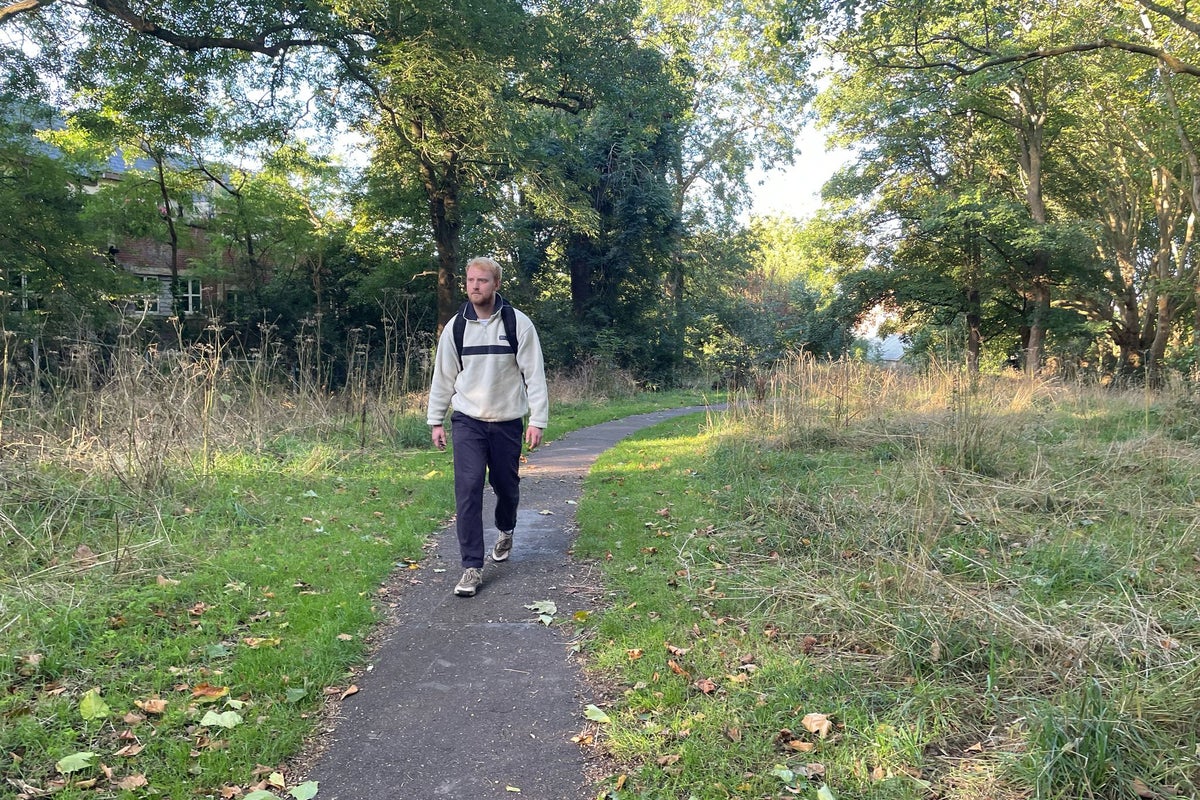T4K3.news
New study reveals quick training boosts esport skills
Researchers find video gamers can improve skills with just 10 minutes of daily practice.

New research shows that brief daily training can boost gamer performance significantly.
Video gamers can enhance esport skills with just 10 minutes of daily training
Researchers at Lero, the Science Foundation Ireland Research Centre, discovered that video gamers can significantly improve their esport skills with only 10 minutes of training each day. The study, conducted by the Esports Science Research Lab at the University of Limerick, emphasizes the additional benefit for novice gamers when using a custom headset that provides transcranial Direct Current Stimulation (tDCS) for 20 minutes prior to training. Participants showed notable improvements in performance, especially in tasks requiring complex motor movements, suggesting that neurostimulation might play a critical role in enhancing gamer skills.
Key Takeaways
"Neurostimulation could accelerate motor performance improvements for novice esports participants."
Dr. Mark Campbell highlights the potential of neurostimulation in esports training.
"tDCS may be especially beneficial during the initial stages of task learning."
Dr. Campbell notes the applications of their findings in rehabilitation contexts.
This research signals a pivotal moment for the esports community. By exploring the intersection of neuroscience and gaming, the findings may reshape training regimens for novice players and potentially contribute to advancements in rehabilitation techniques for stroke patients. As esports continues to grow, integrating science into training could lead to a new era of performance enhancements, which might change how both gamers and trainers approach skill development.
Highlights
- Improving game skills takes just 10 minutes a day.
- Neurostimulation opens doors for esports training.
- Training with tDCS can enhance complex motor skills.
- Gaming techniques could aid rehabilitation efforts.
Potential risks linked to neurostimulation use
The use of tDCS, a form of neurostimulation, could face scrutiny regarding safety and ethical concerns, particularly outside the gaming context. Its implications in rehabilitation and training require careful consideration about who should use it and in what situations.
The implications of these findings stretch beyond gaming into potential medical applications.
Enjoyed this? Let your friends know!
Related News

Microsoft's Copilot faces user preference for ChatGPT

Japanese walking method gains social media attention

Huntington income boom seen post COVID

League of Legends finals draw record audience

Researchers find brisk walking drastically improves heart health

New benefits of Japanese walking revealed

Google study shows LLMs change answers under pressure

Vibe physics poses risks in scientific discussions
